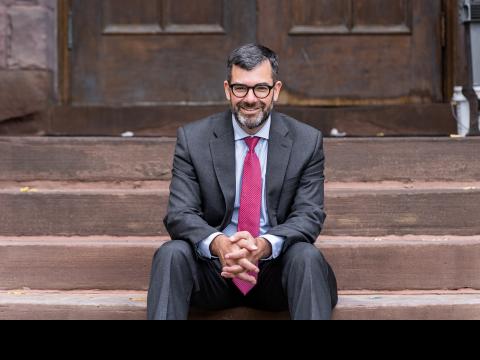Holding on to God in the Dark: A Meditation on Habakkuk
Ours is not a time of rest. I need not enumerate the many troubles that we face today, but it should be uncontroversial to point out that we live in a world ever more enveloped by fear. And who can blame us twenty-first century folk for suspecting that danger lurks in the shadows of every path? What we assumed were the unshakeable foundations of life now show themselves to be more brittle than we'd ever cared to admit.
Read more









